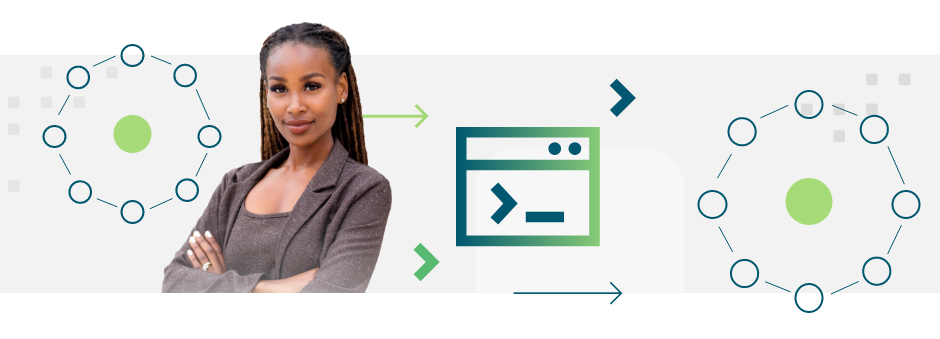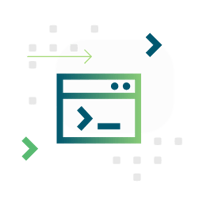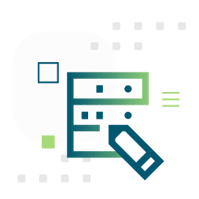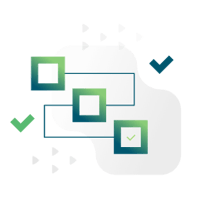DevOps adoption promises to accelerate the process of developing code and features from design to production.
For many companies, simply getting up to speed on implementing DevOps, let alone making it successful, can be a challenge to navigate. And those promises from DevOps, promoting shorter, more controllable iterations through the adoption of best practices, automation and new tools never materialize.
For this very reason, Redapt has developed DevOps PODs.
What are DevOps PODs? Basically, it’s a team of our own DevOps experts that a company can embed with its own teams to train, manage, and implement the foundations of DevOps development.
A DevOps POD can last as long as an organization feels it is necessary, and it is designed to be flexible enough to meet an organization where their level of experience with DevOps currently resides.
 Reasons companies utilize our DevOps PODs
Reasons companies utilize our DevOps PODs
While the usual suspects, a lack of resources and a shortage of talent, are often roadblocks to organizations building out their own DevOps capabilities, one of the most common reasons for utilizing a DevOps POD is a lack of skills with automation.
Specifically, common issues of development teams include being so focused on their traditional way of managing servers that they are either too set in their ways or too busy to embrace the automation that is critical for successful DevOps development.
There’s a term for this type of situation, which is “treating servers as pets instead of cattle.” As in, pets are something you care for and protect, cattle are something you raise to slaughter.
Yes, it’s a crude analogy (not to mention mean to cows), but it highlights the major difference between traditional development practices and DevOps—which is that in DevOps, efficiency is all about automating the spinning up and eventual death of a server once it’s no longer necessary.
This can be hard for even sophisticated development teams to embrace, especially when it comes to utilizing the growing number of automation tools—tools like HashiCorp’s Terraform and RedHat’s Ansible.
With a DevOps POD, a company is able to leverage our automation expertise to bring development teams up to speed on automation or, if desired, handle automation going forward so their teams don’t need to worry about it. Then all they have to do is focus on development.
Other benefits of DevOps PODs
Obviously, if your teams are new to DevOps development, or have just a surface-level understanding of it, a DevOps POD can be an efficient—and cost-effective—means for a smoother adoption process..
But even if you’ve already started the adoption process or have begun building out your own teams internally, bringing on expert help for a short stint or an ongoing engagement can provide very real benefits, including:

Fractional access to deep expertise

Lower overall spend on talent

On-call assistance should problems or challenges arise in your DevOps efforts

Ability to expand the number of PODs as your DevOps usage scales
In addition, the baked-in flexibility of the DevOps POD model dramatically reduces the time you need to spend on amending scopes as your projects grow beyond their original timelines.
Getting started with DevOps PODs
Whether your organization is just dipping its toes into adopting DevOps or is struggling to maximize your investment, our DevOps POD model is worth a look. No matter your project needs, we can provide you with a dedicated team of experts that is both cost-effective and available for as long as you need.
To learn more about DevOps PODs, simply schedule some time with one of our experts.
Categories
- Cloud Migration and Adoption
- Enterprise IT and Infrastructure
- Artificial Intelligence and Machine Learning
- Data Management and Analytics
- DevOps and Automation
- Cybersecurity and Compliance
- Application Modernization and Optimization
- Featured
- Managed Services & Cloud Cost Optimization
- News
- Workplace Modernization
- Tech We Like
- AWS
- Social Good News
- Cost Optimization
- Hybrid Cloud Strategy
- NVIDIA
- Application Development
- GPU




